NextPAVE Challenge
National competition too showcase cutting-edge asphalt innovations at NCAT
The National Center for Asphalt Technology at Auburn University (NCAT), the National Asphalt Pavement Association (NAPA) and the Minnesota Department of Transportation’s Cold-Weather Pavement Testing Facility (MnROAD) have launched the NextPAVE Challenge, a national competition to identify, evaluate and advance innovative pavement technologies ready for full-scale implementation.
The NextPAVE Challenge is designed to accelerate the development and adoption of high-performance pavement solutions that reduce life-cycle costs and improve long-term performance.
 Selected technologies will be showcased during the 10th research cycle of the NCAT Test Track in 2027 and on MnROAD in 2028. These facilities are the leading pavement technology proving grounds in the U.S.Technologies will be evaluated through a transparent, two-phase process.
Selected technologies will be showcased during the 10th research cycle of the NCAT Test Track in 2027 and on MnROAD in 2028. These facilities are the leading pavement technology proving grounds in the U.S.Technologies will be evaluated through a transparent, two-phase process.
In Phase 1, submissions will undergo laboratory characterization, advanced pavement modeling using FlexPAVE and PerRoad, life-cycle evaluation and a supply chain readiness assessment conducted by NCAT engineers and collaborating scientists. Phase 1 requires a $25,000 participant fee.
Phase 2 encompasses a full-scale validation at NCAT and MnROAD. Selected technologies from
Phase 1 will advance to full-scale testing at two of the world’s premier asphalt research facilities–the NCAT Test Track in 2027 and MnROAD in 2028. These real-world evaluations will expose materials to extreme climate conditions and accelerated truck loading to validate their long-term performance.
Phase 2 testing will be funded by a consortium of state highway agencies, federal partners and private-sector sponsors.
“With nearly 94 percent of U.S. roads paved in asphalt, the challenge of building more resilient and sustainable pavement systems is critical,” Randy West, director of NCAT, said. “The NextPAVE Challenge provides a structured, science-based pathway for emerging technologies to be tested, validated and ultimately implemented at scale.”
Eligible technologies may include — but are not limited to — soil and unbound layer stabilization innovations, alternative binders, additives for high-recycled content mixtures, low-energy production processes and other transformative materials aimed at extending pavement lifespans.
Participants must submit a letter of interest by September 30, 2025.
Visit: www.ncat.us for details
Source: Allison Killingsworth
Email: [email protected]
© Scrap Tire News, July 2025






